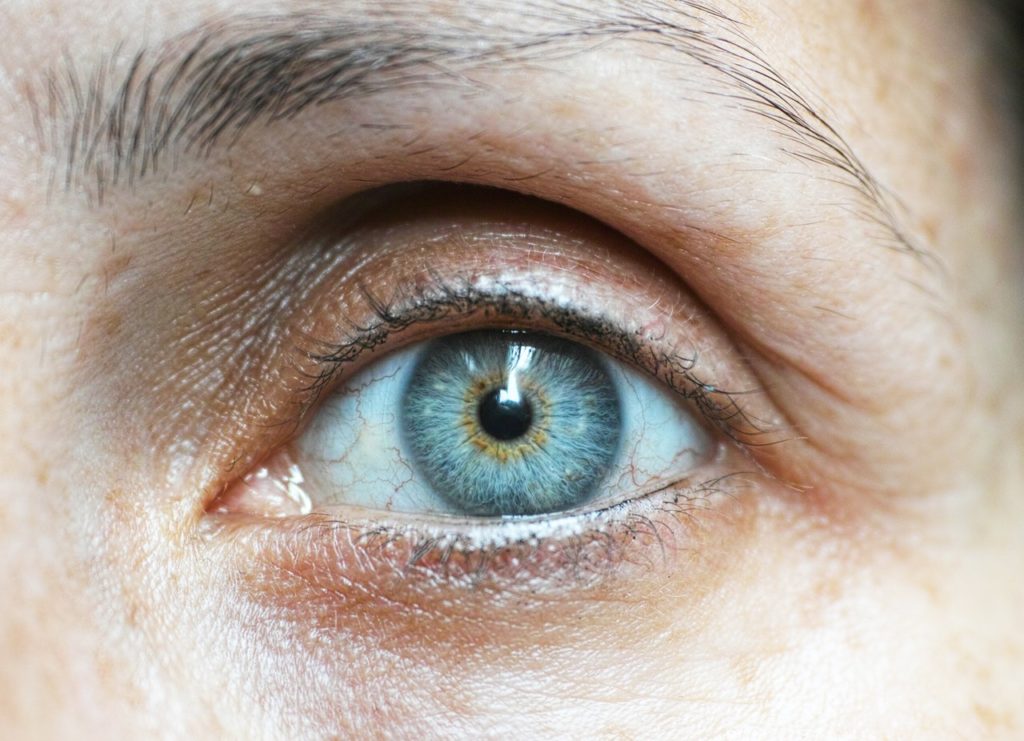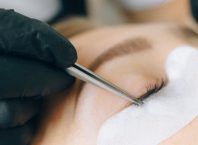Table of Contents
If you’ve been dealing with the general blurriness of cataracts, the option of cataract surgery is a welcome blessing. Recovery from cataract surgery, even for the most complicated cases, is usually quick and painless. Patients who follow their surgeon’s postoperative recommendations and return for follow-up appointments are usually satisfied with the result.
However, there are ways to maximize recovery to ensure things go as smoothly as possible.

What to Expect
As quick and easy as the actual procedure is, it’s important to understand what occurs during the recovery period. Immediately following cataract surgery, your vision may be a little fuzzy and distorted. This is completely normal and will resolve on its own.
Your eyes may appear bloodshot as well, and if you had local anesthesia injected, you may experience slight bruising. Again, these are normal side effects and should resolve themselves on their own. If they don’t, contact a doctor.
In a month or so following your surgery, you may experience dry eyes. While the itchy feeling can be irritating, it’s not usually a sign of a problem. It may be that you have a previous dry eye condition that has been exacerbated by the surgery. Regular artificial tears should sooth this problem until it resolves itself.
As your eyes adjust to their heightened vision, you may notice that you’re more sensitive to light. You may experience flashes of light that aren’t there. Wear sunglasses when possible while your eyes adjust. If the light sensitivity or light flashes remain, talk to your doctor.
Return for Follow Up
As with any type of surgical intervention, you need to return for a follow-up. Your doctor will make sure your healing properly and test your vision. In some cases, your doctor may administer single-dose cataract surgery steroids to minimize inflammation.
However, this will depend on your healing and what your doctor feels is the best course of treatment. Alternatively, your doctor may prescribe eye-drops to help prevent infection. Be sure to follow the prescribed schedule for these drops.

Reduce the Risk of Infection
To reduce the risk of postoperative infection, you should avoid using a hot tub or going swimming until you’re given medical clearance. Your doctor may still recommend you use googles when swimming, just to reduce the risk of infection.
Avoid situations where your eyes will be exposed to small particles. These can get into your eye and cause infection. Dust, pollen, and dirt should all be avoided for a few weeks after your surgery. Windy days can also be a danger. Wearing glasses outdoors may help you keep these particles out of your eyes if you are outside.
Though your eyes may itch and your vision may be blurry, be careful of touching or rubbing your eyes. The dirt on your hands can transfer to your eyes and increase the risk of infection.
Minimize Possible Postoperative Complications
Immediately following the procedure, you should not do heavy lifting or strenuous exercise for several weeks. Also, you need to be careful avoid getting dirt into your eyes as well.
Finally, avoid rubbing your eyes, especially immediately after cataract surgery. If you suddenly develop problems with vision or painful, contact your doctor immediately.
Follow Your Doctor’s Orders
Since the goal is for the best possible outcome, it’s important to follow your doctor’s instructions. You should also report red-flag symptoms immediately as well. These can include pain in the eye, increased swelling and tearing and the ability to see.
While some patients report clearer vision hours after having cataract surgery, the final result may take a bit longer. This doesn’t mean the surgery wasn’t a success. It simply means that everyone is different, and some patients may need a longer recovery time than others.
There are risks and benefits associated with all surgeries, so make sure all of your questions are answered prior to proceeding. If in doubt, don’t hesitate to ask more questions and even voice your fears, if you are feeling hesitant.















